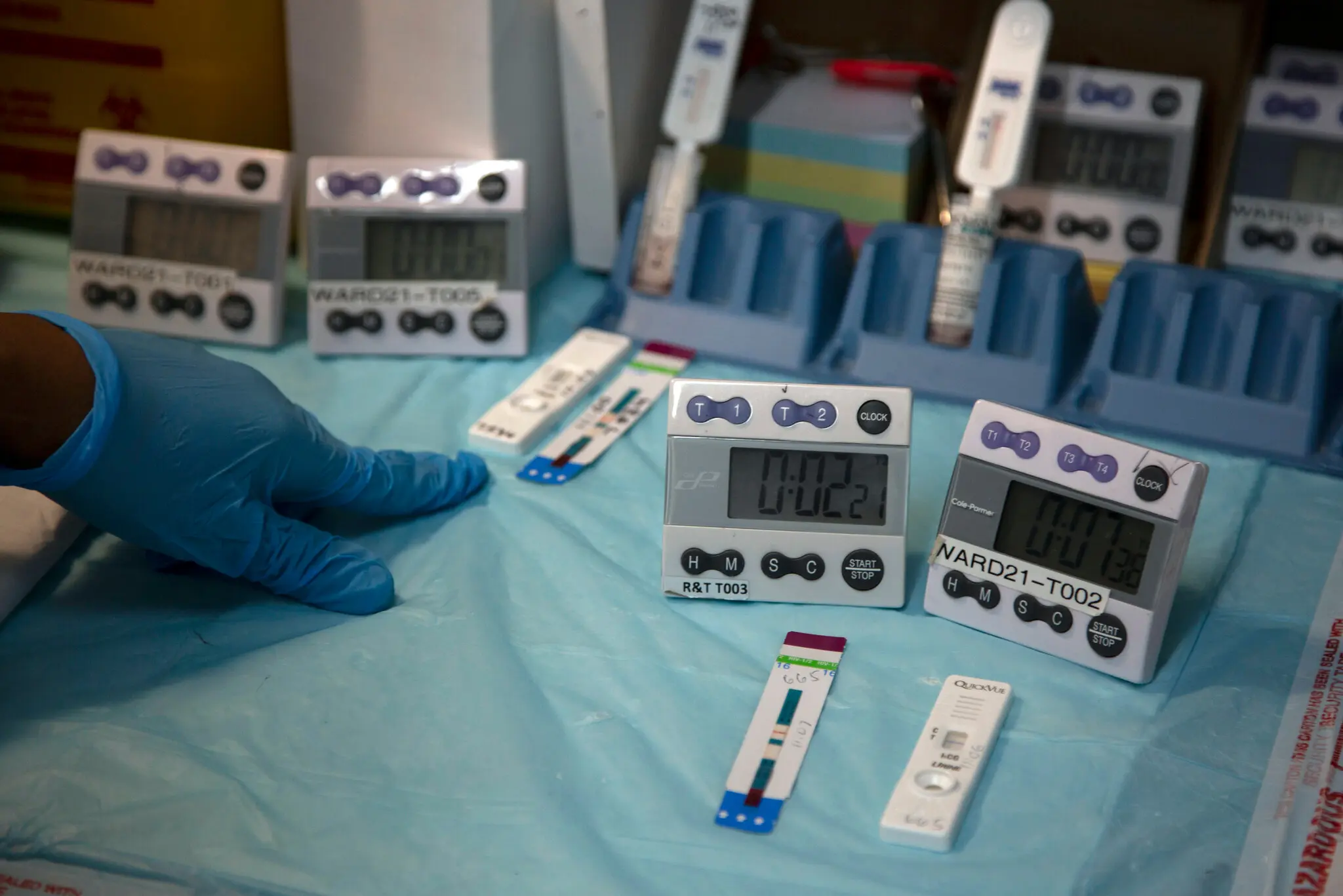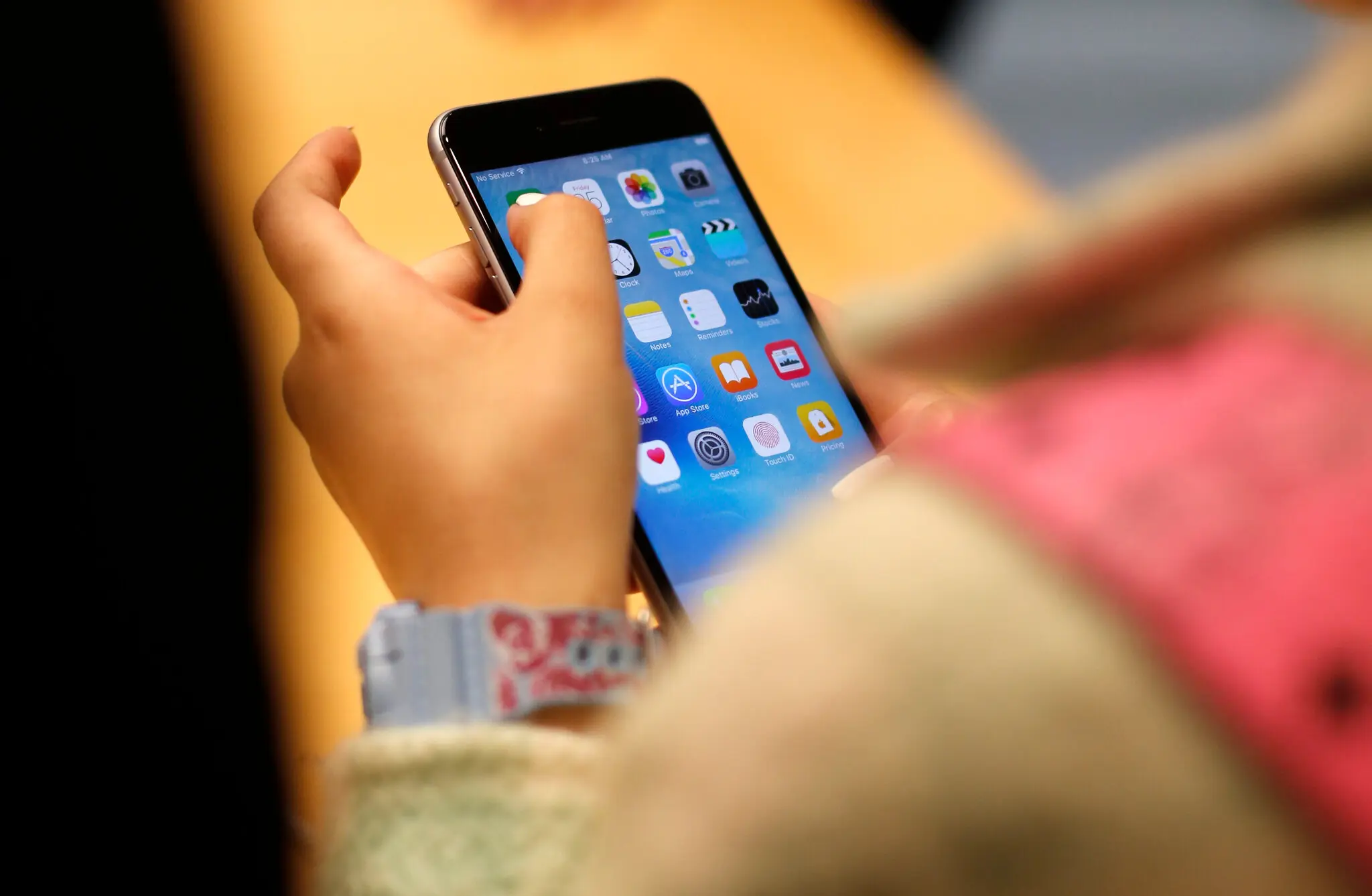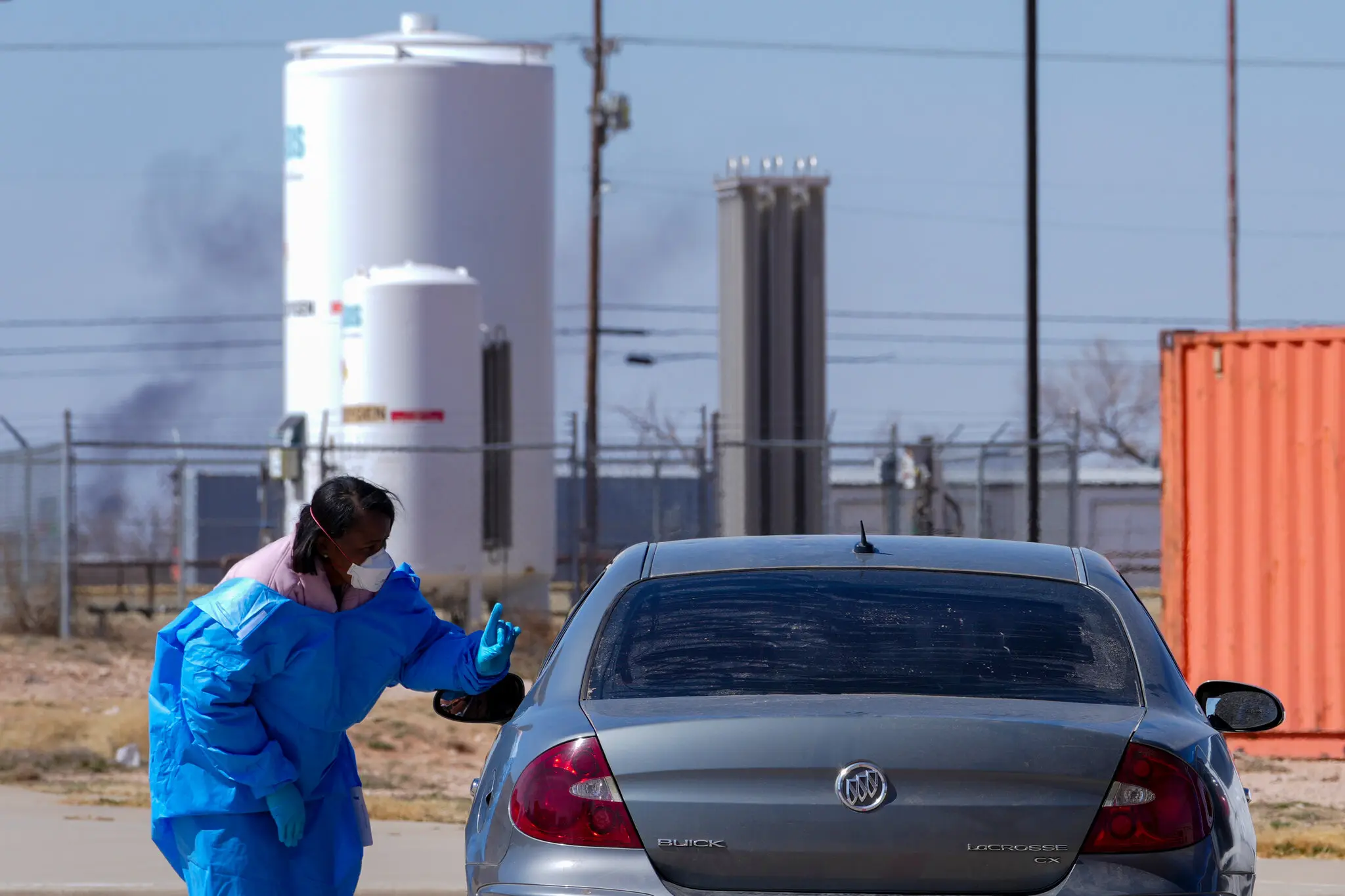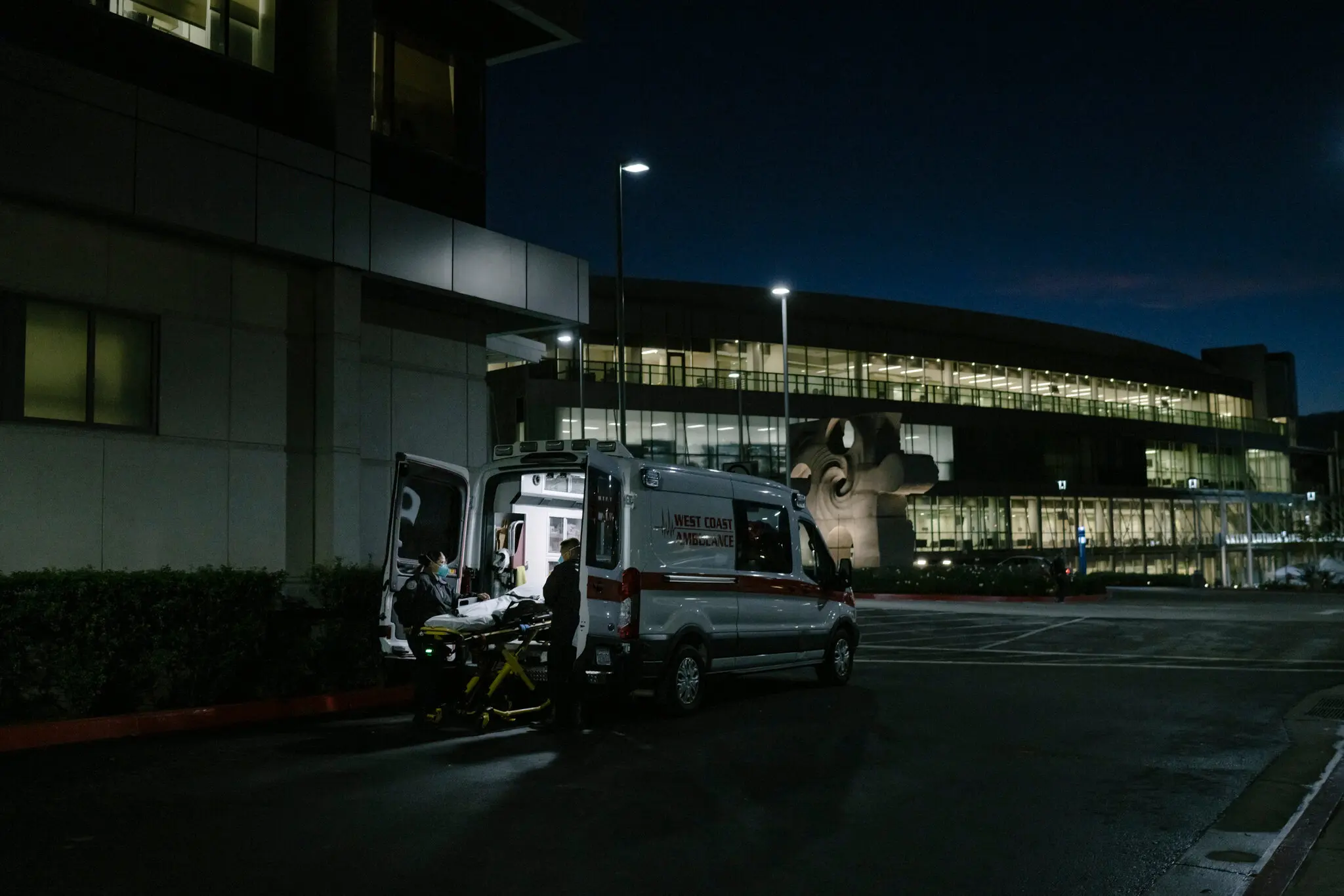Major Setback as Experimental HIV Vaccine Fails in Large African Trial

A promising HIV vaccine candidate has failed to show protection in a large-scale clinical trial across five African countries, dealing a major blow to decades-long efforts to find a reliable HIV vaccine. The result underscores the virus’s unique challenges and the urgent need for new approaches.
In a major disappointment for global health researchers, a large-scale HIV vaccine trial known as the Imbokodo study has been halted after the experimental vaccine failed to prevent HIV infection in women across five African countries. The trial, which enrolled over 2,600 women in Malawi, Mozambique, South Africa, Zambia, and Zimbabwe, tested a vaccine regimen developed by Johnson & Johnson in collaboration with the U.S. National Institutes of Health and the Bill & Melinda Gates Foundation. The vaccine showed no statistically significant protection against HIV compared to a placebo, despite promising results in earlier-phase studies and strong immune responses in many participants. The announcement has rippled through the scientific community and dealt another sobering reminder of how uniquely complex the HIV virus remains—even after 40 years of research and innovation. ### What Was the Imbokodo Trial? The Imbokodo trial, formally known as HVTN 705/HPX2008, was a Phase 2b efficacy study launched in 2017. It focused on women, a group disproportionately affected by HIV in sub-Saharan Africa, particularly in younger age groups. Participants received a combination of four shots over one year using a “mosaic” approach: the vaccine contained viral vectors designed to train the immune system to recognize multiple global strains of HIV. This approach, considered cutting-edge at the time, aimed to tackle HIV’s enormous genetic diversity, which has been a persistent obstacle in vaccine development. Interim results released in 2021 showed that while the vaccine was safe and elicited strong immune responses, its efficacy at preventing infection was just 25.2%—well below the threshold needed for regulatory approval or public health impact. After reviewing data, an independent monitoring board recommended halting further vaccinations. ### Why HIV Remains an Elusive Target HIV has confounded vaccine scientists for decades. Unlike other viruses, HIV integrates into the host’s DNA shortly after infection, making it nearly impossible for the immune system—or a vaccine-primed response—to eliminate the virus before it takes hold. In addition, the virus mutates rapidly and exhibits vast genetic diversity globally. The Imbokodo trial was designed to test whether a broad immune response could overcome these hurdles. However, the failure to achieve protection, even among participants with strong antibody and T-cell responses, suggests that immune activation alone may not be sufficient. “This trial result is deeply disappointing, but not unexpected,” said Dr. Glenda Gray, president of the South African Medical Research Council and a co-leader of the study. “We always knew HIV vaccine development would be a long and complex road.” ### The Human Cost and the Unmet Need The failure of the Imbokodo trial comes at a time when Africa continues to bear the highest burden of HIV globally. According to UNAIDS, over 25 million people live with HIV in sub-Saharan Africa, with women and adolescent girls accounting for nearly 60% of new infections in the region. Despite major gains through antiretroviral therapy and prevention tools like pre-exposure prophylaxis (PrEP), infection rates remain stubbornly high, especially among marginalized communities. Many health advocates viewed the Imbokodo trial as a beacon of hope for a region long underserved in terms of HIV prevention innovation. Trial participants, who volunteered under ethical, informed protocols, now find themselves part of yet another chapter in HIV’s long, frustrating search for a vaccine. “I joined because I believed it would help protect other women like me,” said Naledi, a participant from South Africa who asked to use only her first name. “Even though it didn’t work, I hope scientists learn something important from us.” ### What the Trial Still Taught Us Despite its failure to provide protection, the trial yielded significant data that researchers say will inform the next generation of HIV vaccine design. For example, scientists now know that immune responses from mosaic-based vaccines may not offer the breadth needed to combat the virus's diversity. Further analysis may also reveal new biomarkers for protection—or vulnerability. The study also proved that large-scale vaccine trials could be conducted ethically and effectively across multiple African countries, setting a precedent for future research infrastructure. “We learned a tremendous amount about how to run a multinational trial, work with communities, and build research capacity in Africa,” said Dr. Anthony Fauci, former director of the U.S. National Institute of Allergy and Infectious Diseases. ### Not the End—Just a Detour The failure of the Imbokodo trial is not the end of HIV vaccine research. Several other vaccine candidates are in various stages of development, including mRNA-based designs inspired by COVID-19 vaccine breakthroughs. Moderna, in partnership with the International AIDS Vaccine Initiative (IAVI), is currently testing two HIV mRNA candidates in early-phase trials. Additionally, a related trial known as Mosaico—which uses a similar vaccine formulation but targets gay men and transgender individuals in the Americas and Europe—is still ongoing. Its outcome will further shape the global outlook for vaccine-based HIV prevention. Experts urge patience and continued investment. “Scientific progress often comes through what we learn from failure,” said Dr. Carl Dieffenbach, director of the Division of AIDS at NIH. “Every failed trial teaches us how to design a better one.” ### The Broader Context: HIV Prevention Tools Still Work While vaccine research continues, public health officials emphasize that existing tools like condoms, PrEP, harm reduction strategies, and prompt antiretroviral treatment remain highly effective. The integration of these tools into broader health systems remains critical, especially in Africa. Global health organizations like UNAIDS, the Global Fund, and PEPFAR have pledged to increase investments in education, outreach, and youth-friendly services. The aim is to reduce transmission while scientists continue the search for a vaccine. “The dream of an HIV vaccine is not dead,” said Winnie Byanyima, Executive Director of UNAIDS. “But we must double down on what we know already works.” ### Conclusion: A Sobering Milestone in a Long Battle The Imbokodo trial’s failure is a significant disappointment in the decades-long quest to end the HIV epidemic. But it also reflects the unrelenting complexity of the virus and the magnitude of the challenge before scientists. Despite the setback, the resolve of the global scientific community remains strong. The next breakthrough may still be years away—but thanks to the courage of thousands of volunteers, each trial brings the world closer to understanding what it will take to develop a truly effective HIV vaccine. Until that day comes, the world must remain committed—to science, to equity, and to the communities most affected by HIV. Because, as this trial reminds us, failure is not the end. It is part of the path to discovery.



